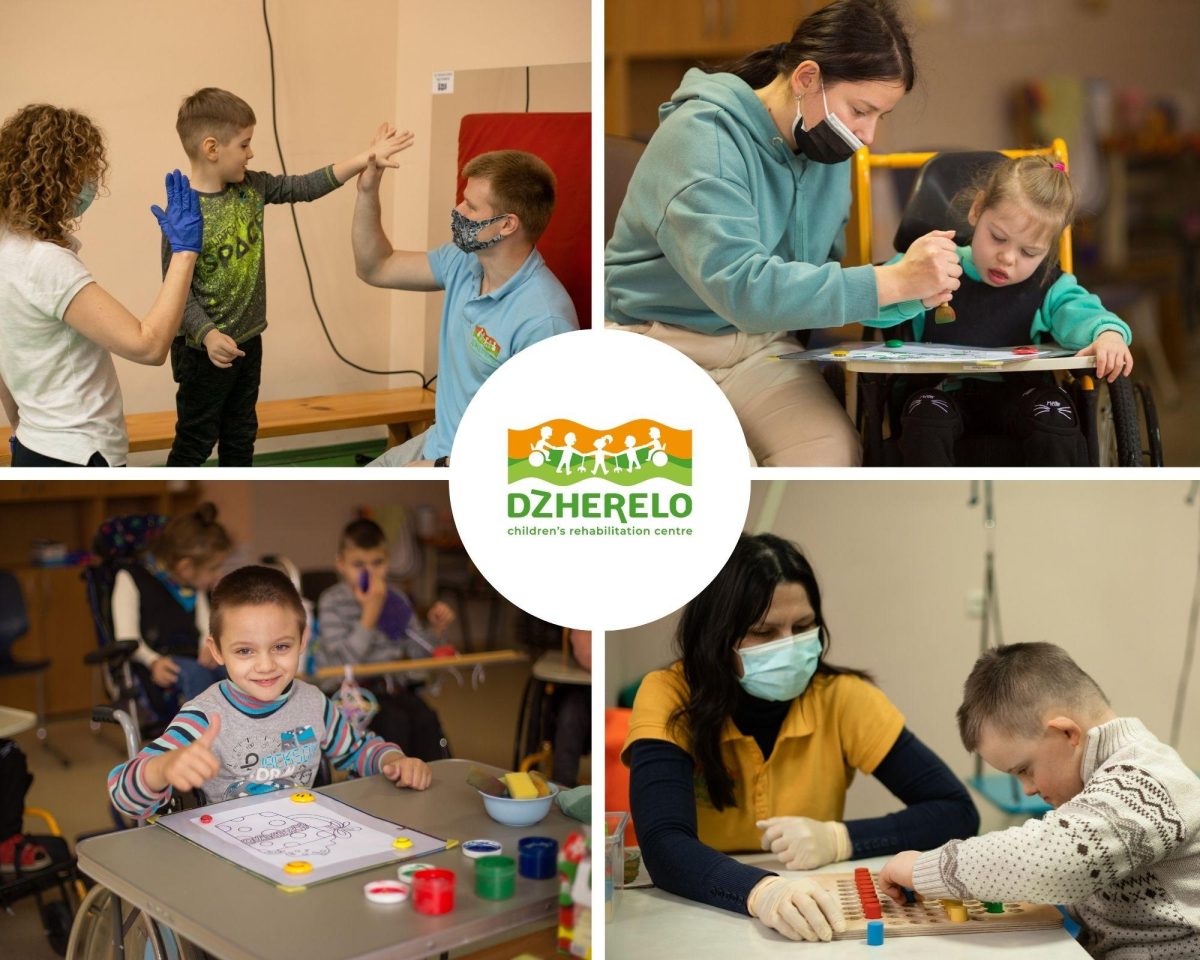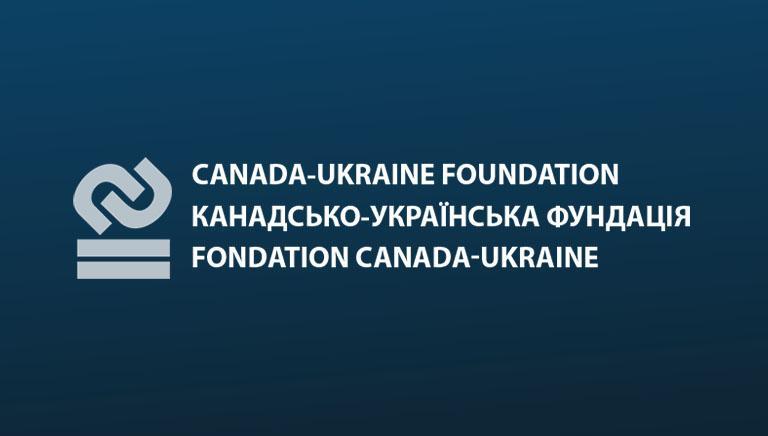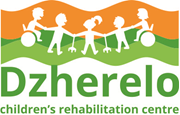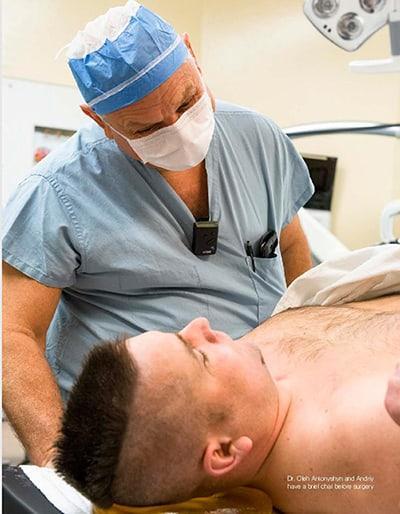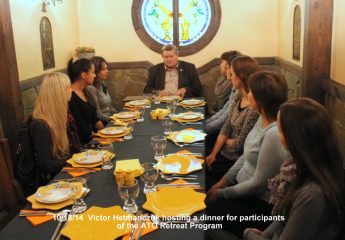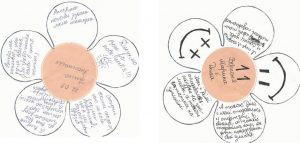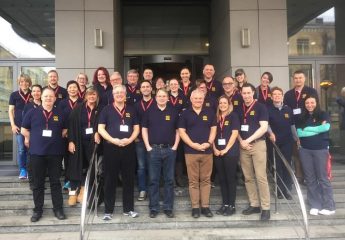Dzherelo Children’s Rehab Centre in Lviv is growing new branches. No longer will all programs be provided from the one centre on Chervonoyi Kalyny Avenue. Dzherelo is expanding and developing its programming for children with special needs by getting ready to establish a sixth satellite branch!
For over 25 years, Dzherelo Children’s Rehabilitation Centre has been operating as an independent facility in Lviv, focusing on the consultation, rehabilitation treatment, education and counselling of both children with special needs and their families. For too long, many of these children had been hidden from mainstream society, locked up in homes and prevented from attending school. So, while Ukraine’s education system is slowly adapting to inclusive education close to special needs students’ homes, Dzherelo is also making strides in this direction. The new Dzherelo satellite branches are located in residential neighbourhoods outside the Lviv city centre, offering services closer to the homes where the children live. These new satellite projects are necessary to reduce the stressful, costly and lengthy travel time and ultimately improve families’ quality of life.
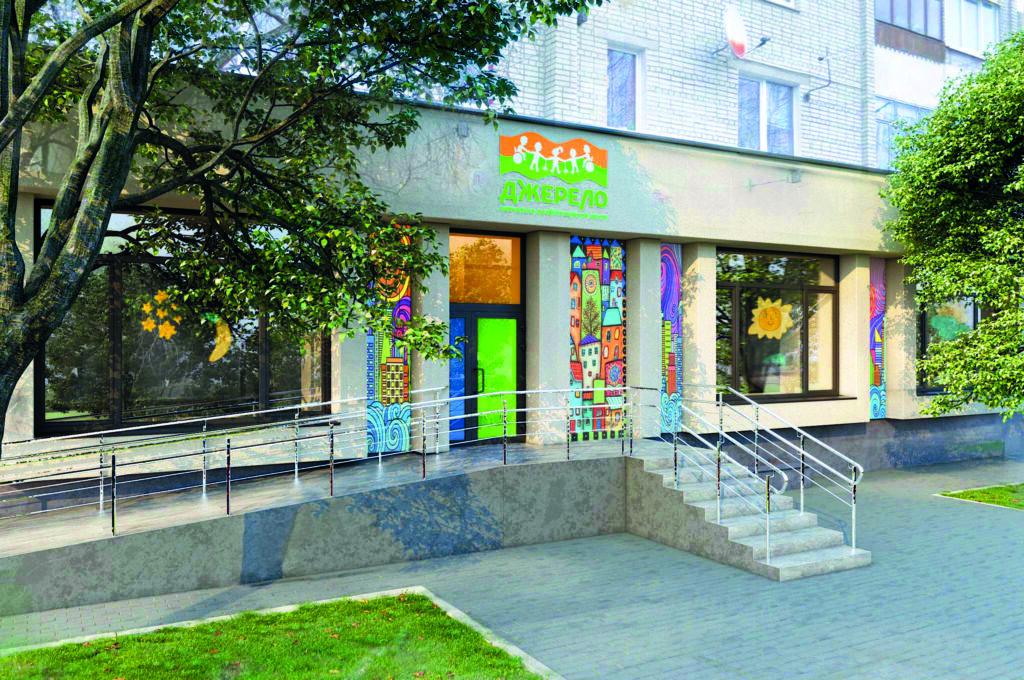
The Dzherelo team is constantly working on updating and improving their programs. Since 2018, they have opened five satellite branches of Dzherelo in different areas of Lviv city. The satellites and expansion of programs are only possible with the City Council’s financial help, other government levels, and community fundraising. Together, with each partner’s contribution, it becomes possible to renovate, furnish, and install the facilities’ special equipment. Only then can the staff, trained at Dzherelo, begin taking in and integrating the children planning to attend.
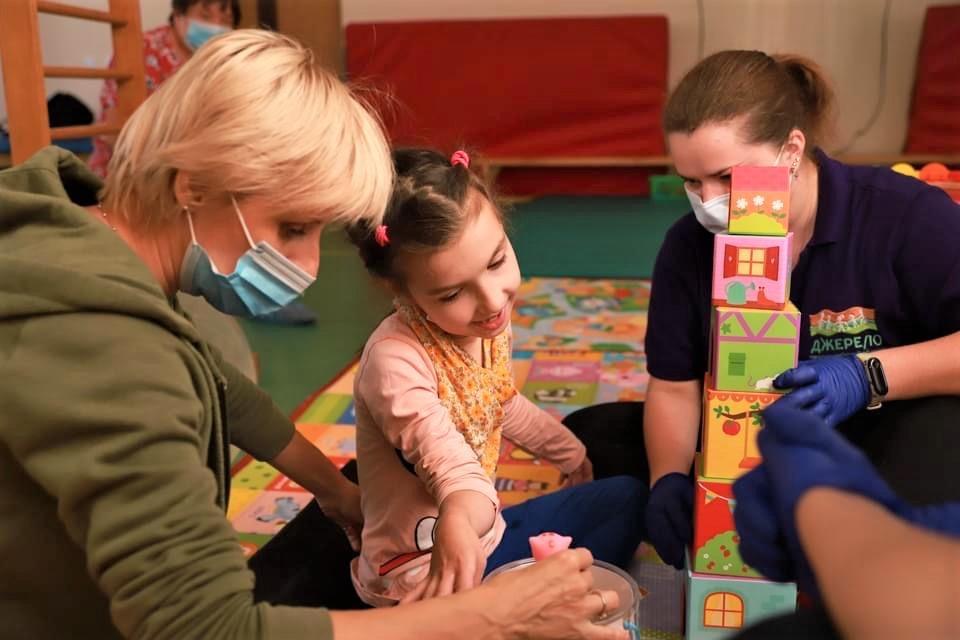
With five branch satellites operating, the next challenge is expanding the Dzherelo Centre’s programs by opening branch No.6 in Vynnyky (a suburb of Lviv). The facility will have a total area of nearly 300 square meters and offer daycare programs for ten younger children plus ten youths with special needs living nearby. The availability of services close to home is paramount for the children and their families health and welfare.
Lviv City Council had made a specific funding decision to allocate an appropriate building for use by Dzherelo. The local city administration provided such a building, and in due course, other government levels were also committed to funding the costs involved in building improvements and specific adaptations.
Dzherelo satellite branch No.6 now requires about $23,000 (500 thousand hryvnias) to furnish the premises with specially adapted furniture, a projector, a computer, some mobile and ceiling lifts.
To ensure this funding and the completion of this expansion project, Canadian donors have volunteered to supply the required portion of the costs, as indicated by the Lviv Regional (Oblast) Council’s budget proposal. Druzi Dzherela, through the Canada-Ukraine Foundation (CUF), is committed to providing the promised community contribution funds.
You can donate to this worthwhile project through Druzi Dzherela in Toronto with the Canada-Ukraine Foundation’s help. Your generosity will ensure the successful and timely completion of Dzherelo satellite branch No.6 for the benefit of Lviv’s special children!
For more information about Dzherelo, please view their website at www.dzherelocentre.org.ua.
To donate, contact the Canada-Ukraine Foundation at https://www.cufoundation.ca/dzherelo-childrens-rehabilitation-centre/

